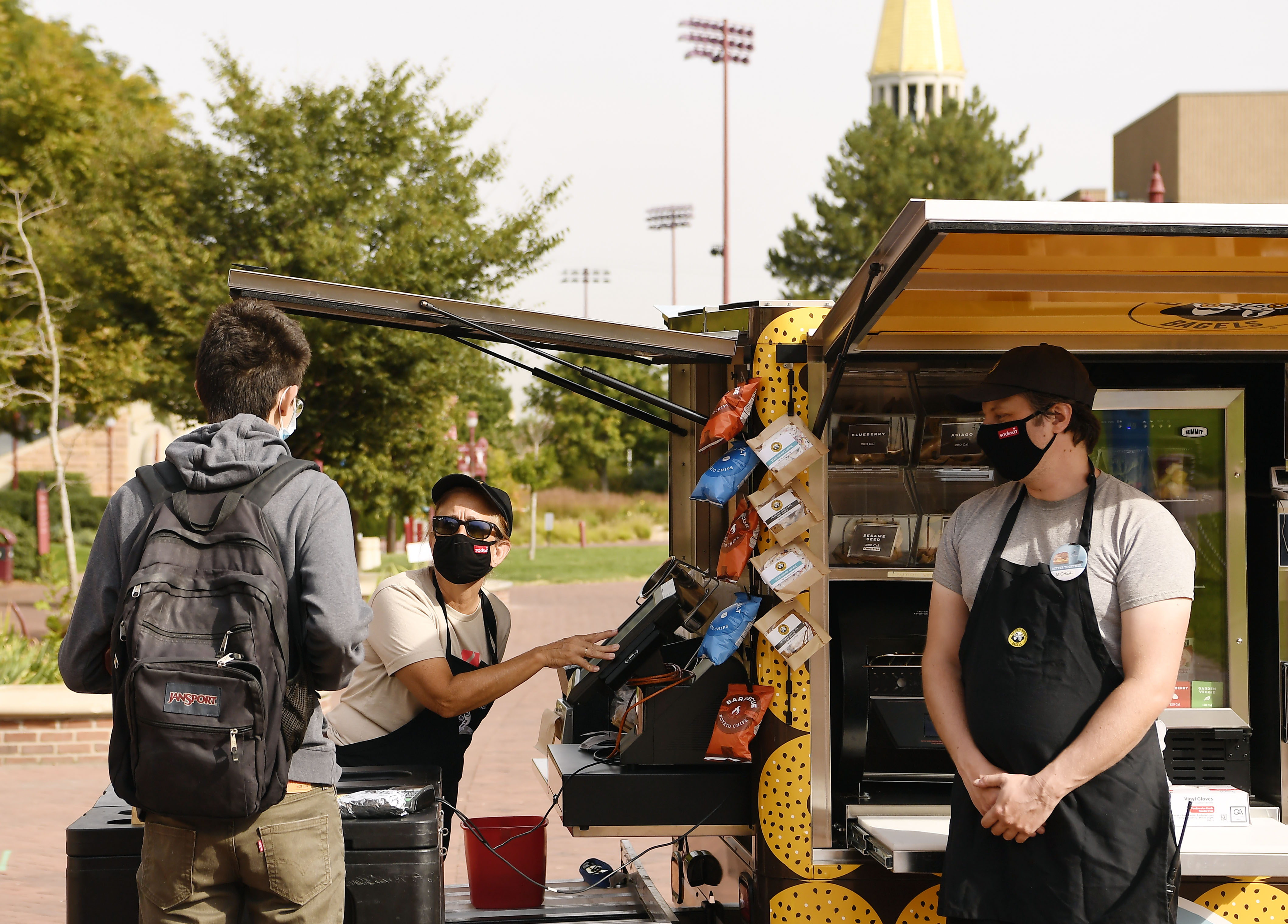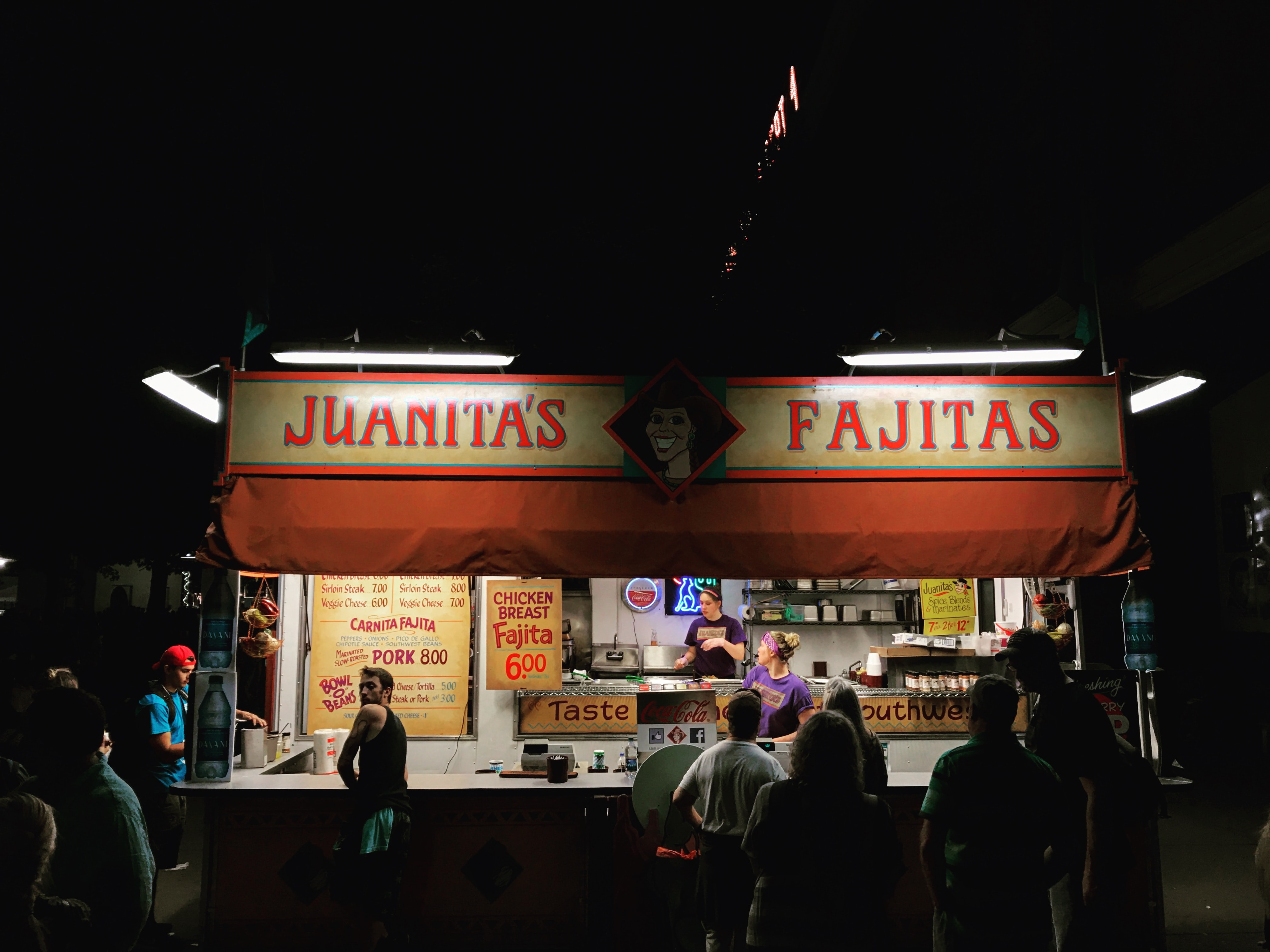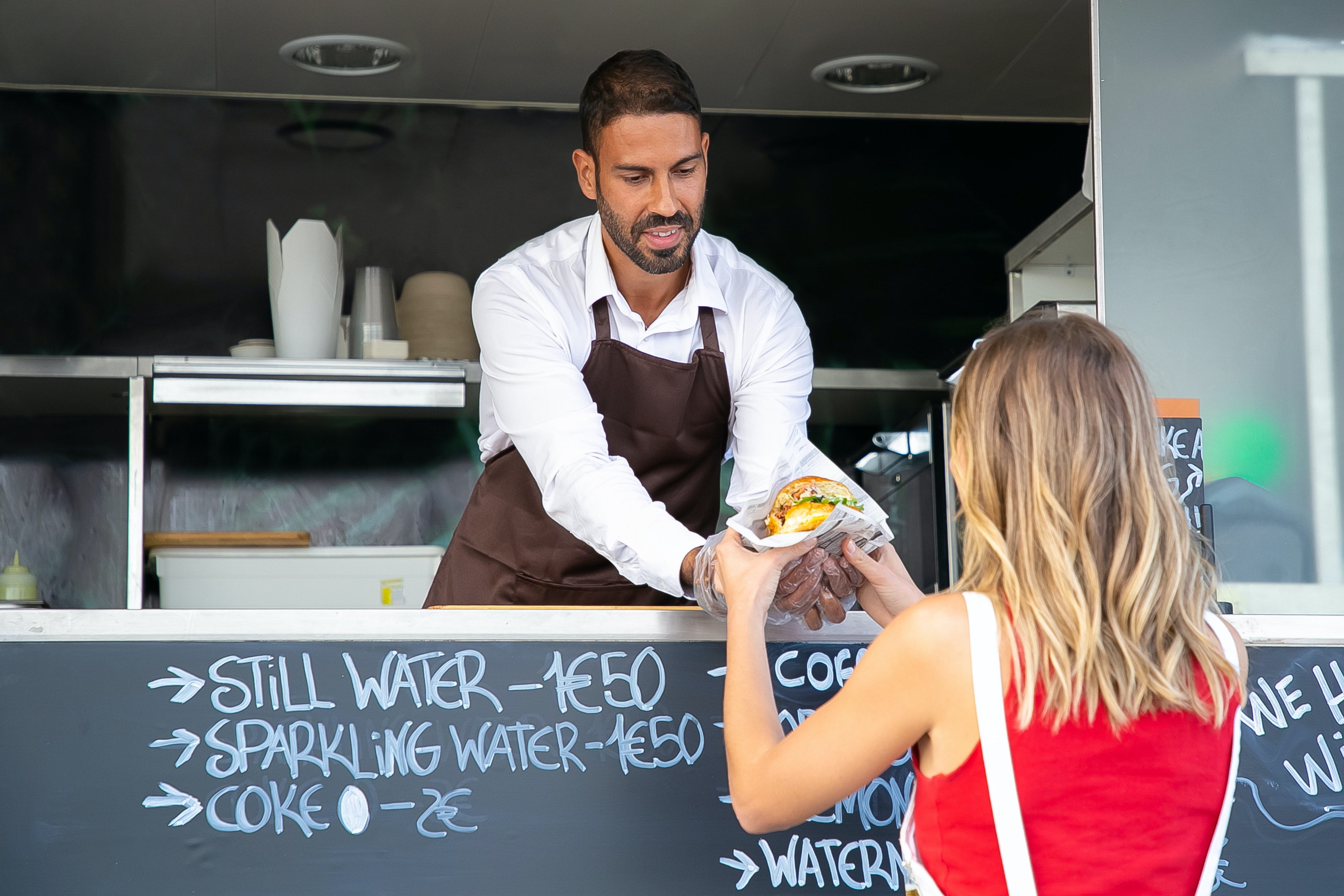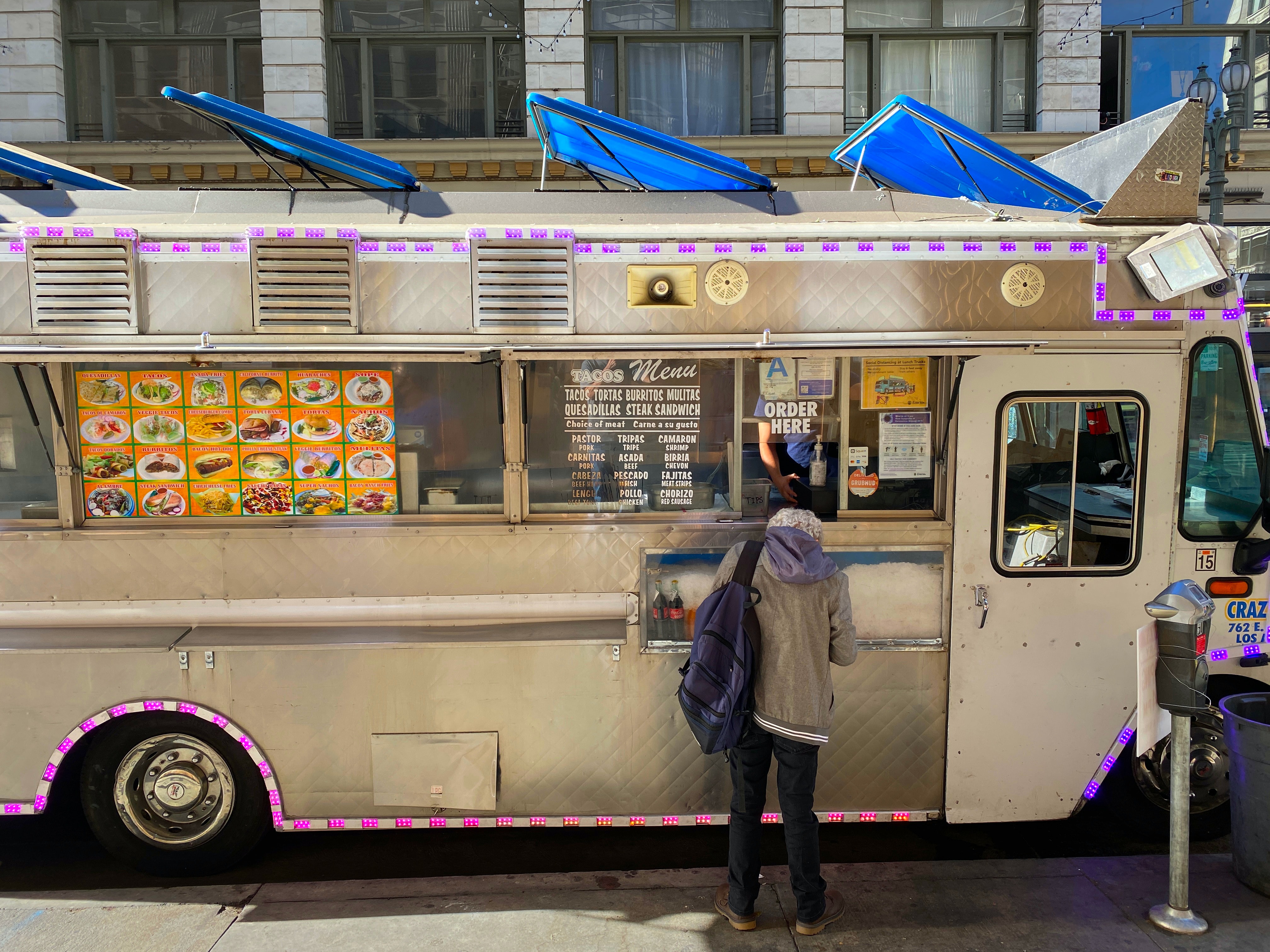

The number of customers in restaurants has dropped considerably in the last few months. In summer, occupancy is at 60% of maximum capacity, and that in the most favourable cases. There is still a certain fear of sitting in a restaurant with strangers, despite the extreme preventive measures that are being taken.
In the restaurant sector, few business niches have withstood the onslaught of the coronavirus crisis without financial damage.
The mobility market is one of them. Far from shrinking, it has expanded and gained new followers. Delivery and pickup options are more present than ever in our range of alternatives. And home food delivery companies know it.
However, this subset of catering businesses is not the only one that has flourished in difficult times. Food trucks have also enjoyed a renaissance with the arrival of the coronavirus.
Although they were the talk of the town a few years ago, the market had declined in popularity recently. This trend has now reversed, as food trucks have been reinvigorated in many places.

Before all this, food trucks used to park in the car parks of major events in and around cities: music concerts, competitions, exhibitions and other major events attracted enough people that the queue in front of the food trucks or food trailers never stopped.
Now the paradigm has changed. On the one hand, there are still many measures in place that limit the capacity and holding of these types of events. Crowds have decreased both in size and number. Although governments have mandates to minimise the possibility of transmission of the coronavirus, the truth is that people are also afraid and avoid gatherings by their own initiative.
Nevertheless, many owners around the world have not stopped making money. On the contrary, this is their best year ever.
The phones next to their cookers are often in constant operation. As soon as they finish a call, they have to do some fancy tricks to be able to continue cooking and take the next call. The ringing of the device is the soundtrack of their daily lives.

And ordering food from their food trucks has unexpectedly become one of the safest, most comfortable and convenient ways for dinner guests to receive prepared food. Waiting times are minimised, as is interaction with other people, and this encourages customers to continue ordering food.
From mobile burger bars to vehicles selling tacos, food trucks offering their services are enjoying a buoyant situation. So much so that food truck brands are taking full advantage of the circumstances to cash in, but this period may be over as soon as there is a cure or vaccine for the coronavirus, and then the leaner days may be upon us.
Local residents are delighted with these mobile restaurants. With all distractions limited, and being aware of the pandemic looming over us, having the possibility of tasting delicious meals prepared by expert hands without having to put one iota of your health at risk is a liberating and utterly wonderful feeling.
In addition, there is a wide selection of products to choose from, so dinner guests can even vary their diet without getting into repetitive menus.
To evoke that feeling, the managers of the food trucks have implemented a simple telematic booking service via text messages, phone calls, instant messaging and email. They didn't need a frilly medium, but something simple and functional that anyone could use without a lot of explanation.
The procedure is simple. When the customer requests an order, the food truck sets off, sets a pick-up time and place, and the person who has placed the order simply has to pick it up as it leaves the kitchen and enjoy it wherever he or she wishes.
Unfortunately, the apparent security of the food trucks is a double-edged sword. While restaurants are obliged to submit health and hygiene reports on a regular basis, food trucks do not have to do so in the same way. This is against the interests of customers, and restaurants based in physical premises have been quick to point out the problem, which is also a clear competitive injustice, as the need for reporting is understandably a financial cost that food trucks are exempt from and therefore a key point that they can exploit.

The reality of this niche is very different from one country to another, due to the differences in legislation that exist in this respect in each nation (and sometimes even at a local level). Despite this, this very successful phenomenon provides us with clues about the needs of consumers in the midst of the coronavirus crisis. Particularly noteworthy is the fact that consumer intent is still in the market, we just need to know how best to capture it in our business. Home food delivery, pickup and takeaway may be good places to start exploring a solution.
??